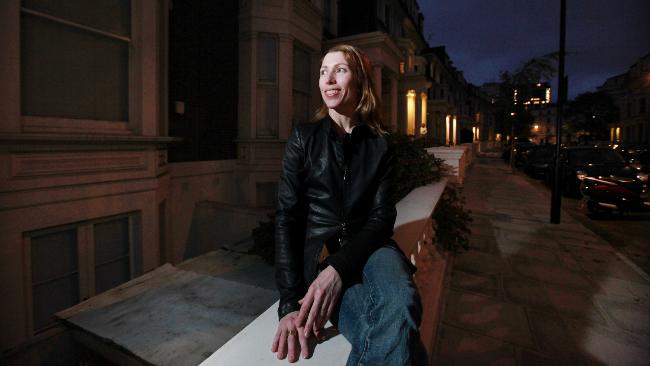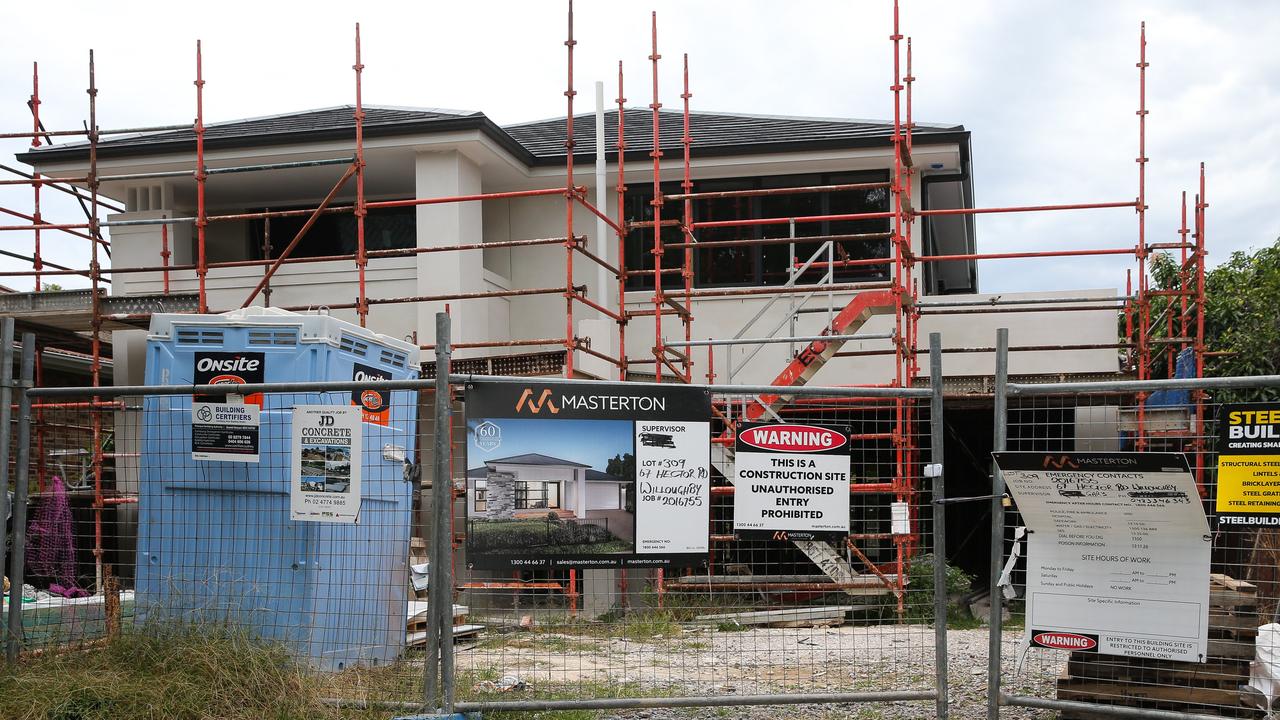Australian rates so bad they make UK look desirable
IT'S the one thing Aussies would kill for right now - a mortgage rate of less than one per cent.

IT'S the one thing Australians would kill for right now - a home mortgage with an interest rate below 1 per cent.
Such a thing exists, and in the last place most Australians would think of - London.
While there are super mortgage discounts on offer in Britain, Australian home owners are paying among the highest mortgage rates in the world.
The political and consumer spotlight has been turned on the Australian banks this week, after the Commonwealth Bank raised its key lending rates by 45 basis points - almost double the official move from the Reserve Bank.
The CBA's three rivals - Westpac, ANZ and NAB - are yet to announce their intentions on lending rates since the RBA's Tuesday board meeting.
At 7.81 per cent, the CBA's standard variable mortgage rate illustrates the high cost of home loans in Australia. A recent analysis for the Research Institute for Housing America found that, since 2001, Australian mortgage rates had been predominantly above those of the rest of the developed world.
The report's author, Michael Lea, said countries with a higher number of variable-rate mortgages were likely to face increased home loan rates compared with nations with more fixed-rate mortgages. Almost 90 per cent of home loans in Australia are on variable rates.
"Mortgage interest rates in most countries declined during the decade except in Australia," Dr Lea said. The lowest mortgage rates, not taking into account discounts offered by banks, are available in Japan, Ireland and Switzerland.
While Australian home owners get used to the fact Australia's super-profitable banks are lifting standard mortgage rates to as high as 7.81 per cent to protect their profit margins,
Leanne Benjamin, an Australian working in London, has an HSBC home loan that is set at just 0.49 percentage points above the Bank of England's official cash rate.
Given that the BoE cash rate has been at a record low 0.5 per cent for the past 20 months, that means she has been paying a total rate of 0.99 per cent.
"I took it out about two months before the financial crisis really got going and, when official interest rates went through the floor, so did my mortgage," she said.
In just over a year from the end of 2007, Britain's official rate fell from 5.75 per cent to 0.5 per cent.
Ms Benjamin's "tracker" loan means that her bank is legally obliged to track the official rates as they rise or fall.
Her happy experience says a lot about the potential benefits of Britain's more diverse mortgage market, where consumers are more likely than in Australia to shop around among lenders with a greater use of fixed-interest, tracker and two-year mortgage deals rather than Australia's prevalence of one-size-fits-all, 25-year, standard variable rates.
The proliferation of two-year "entry" deals for new mortgages since the 1980s means many British borrowers have a natural point at which to shop around and reconsider their options, rather than being tied into decades-long loans by expensive exit fees.
Market experts warn that the two-year "entry" loans offered by British providers are often loss-leaders to lure in clients, who are then converted to higher-rate loans after two years unless they can find another attractive deal.
"And the last couple of years have shown the danger of that because, since the credit dried up in 2007, a lot of people have been stuck on more expensive deals," said one analyst.
More Coverage
British borrowers with only 10 per cent equity were often paying rates of more than 5 per cent if they managed to convince a bank to lend them money.
David Covey of Nomura said: "I don't think there is phenomenal competition out there in the UK market any more."




